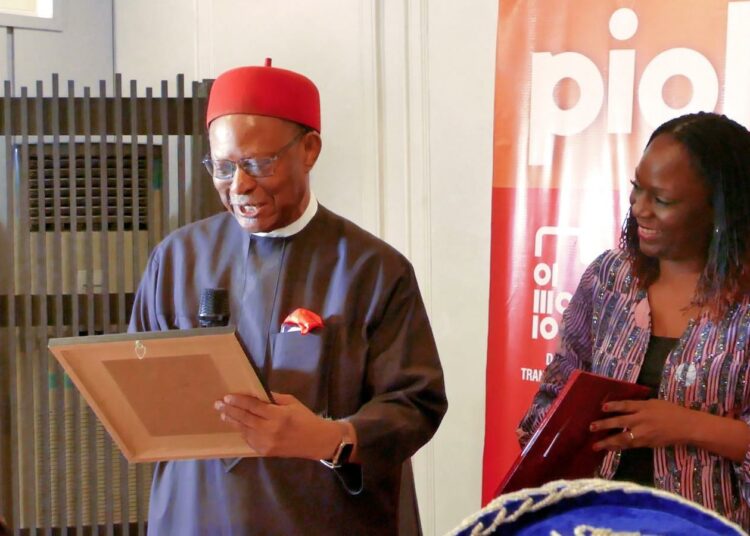Prof. Wole Soyinka, cultural advocate Jahman Anikulapo emphasized that preserving Nigeria’s cultural heritage is not just about history but a key pillar of national identity and progress.
The event marked the launch of a landmark partnership between Piql West Africa and the National Council for Arts and Culture (NCAC) to digitize and securely archive Nigeria’s cultural legacy using state-of-the-art preservation technology.
Piql Africa Ltd MD, Esona Onuoha, highlighted the initiative’s role in bridging Nigeria’s past with its digital future, while Piql AS CEO, Rune Bjerkestrand, reaffirmed the company’s global commitment to safeguarding cultural memory through technology.
Keynote speaker and NCAC Director-General, Ojinnaka Obi Asika, argued that cultural preservation is an economic and political force, not just nostalgia. He cited pre-colonial African knowledge systems like the Benin Bronzes, Nok ironworks, and Nsibidi script to challenge colonial narratives.
Former Commonwealth Secretary-General, Chief Emeka Anyaoku, decried Nigeria’s poor archival conditions, recalling his efforts to secure ₦800 million from the government and $2 million from the Ford Foundation for historical preservation. He warned that without sustained institutional backing, such efforts risk being short-lived.
Cultural financier Prince Yemisi Shyllon stressed that without a proper archival system, Nigeria risks falling behind in the global digital economy, where nations use historical data for AI and technological innovation. He highlighted his own contributions through Google Arts & Culture, which now showcases 31 Nigerian cultural festivals, including the Ojude Oba, Osun Osogbo, and Eyo Festival.




